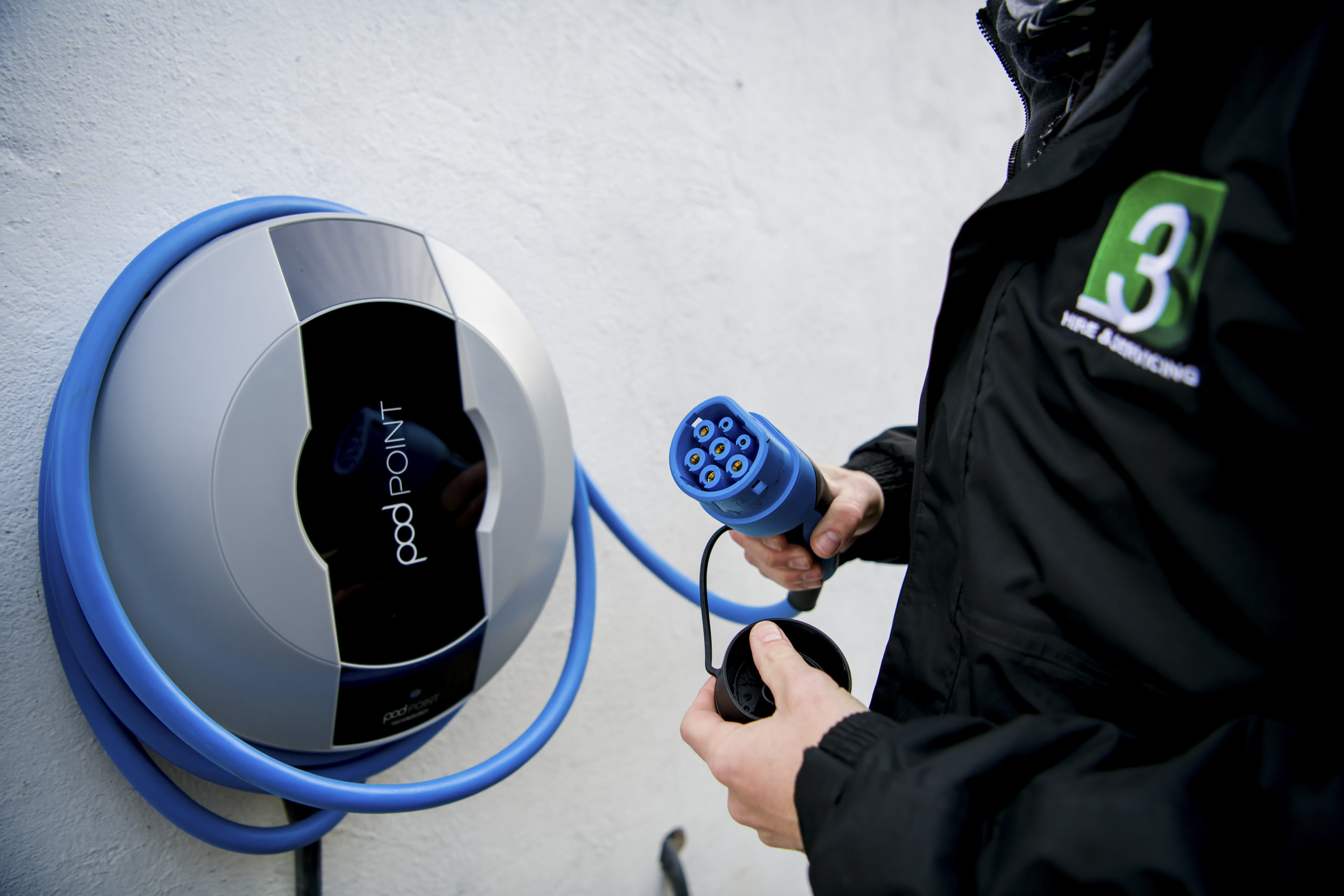Something strange happened the other week and it has only just dawned on me the significance of it.
Like many, when I heard our prime minister pushing back on some of our net zero commitments and moving the 2030 deadline for zero emissions car registrations back five years, I rolled my eyes.
After all, listen to almost any scientist, climate change expert or almost anyone that has carried out any research on the subject and they all say a similar thing – they are seriously concerned about the effects of climate change on our future as a planet.
So we should be concerned right? Pushing harder to reduce our emissions? Putting more pressure not less on hitting these sort of targets? You would be forgiven for thinking this was a backward step then.
But then I stopped to think about the reaction Rishi Sunak’s comments got. And in particular the rection from within my own industry. You would think the automotive giants would be pleased about such a change of strategy. Less pressure to hit targets, force change in the market and change their products. Wrong.
The automotive industry mostly stood alongside others such as financers, manufacturers, environmentalists and even a large swath of the general public in denouncing the move to push 2030 back. Something that in the past would have been almost unheard of. It seems even the industry seen as a large part of the carbon emission problem, can’t see the value of pushing back deadlines by 5 years.
And then you start to look at why this may be. Two things spring to mind immediately.
Firstly the Zero Emissions Vehicle (ZEV) Mandate. This legislation, due to go through parliament soon, will be ultimately the driving force for change and not a headline by the prime minister. Even though this may be slightly watered down from earlier drafts, it is still likely to force manufacturers to increase the percentage of zero emissions vehicles they register up to 80-90% by 2030. In other words, regardless of the headlines, they have to make this change within the earlier timescale anyway.
The other thing of course to consider is that large manufactures rarely work in 5-6 year cycles and instead will have a 10-15 year plan at the very least. They will not easily be able to pivot and change these plans. They actually probably do not see the benefit of delaying 5 years in any case as they know the change is coming and what difference does 5 years really make?
Of course there is a much wider debate raging at the moment about the worlds readiness for such technological changes, questions over what form of zero emissions is the best move next for vehicle manufacturers, the cost to the consumer and even about the speed of climate change. All of these are for another day.
But what is clear here, is that there has been a shift in alliances. Regardless of any political reasons for changing the headline numbers, vehicle manufacturers will do what they are already planning to do anyway.
I for one, never thought I would see the day that worlds largest producers of internal combustion engines would actually be against being made to change the product that made them rich in the first place.
Strange times we are living in!



